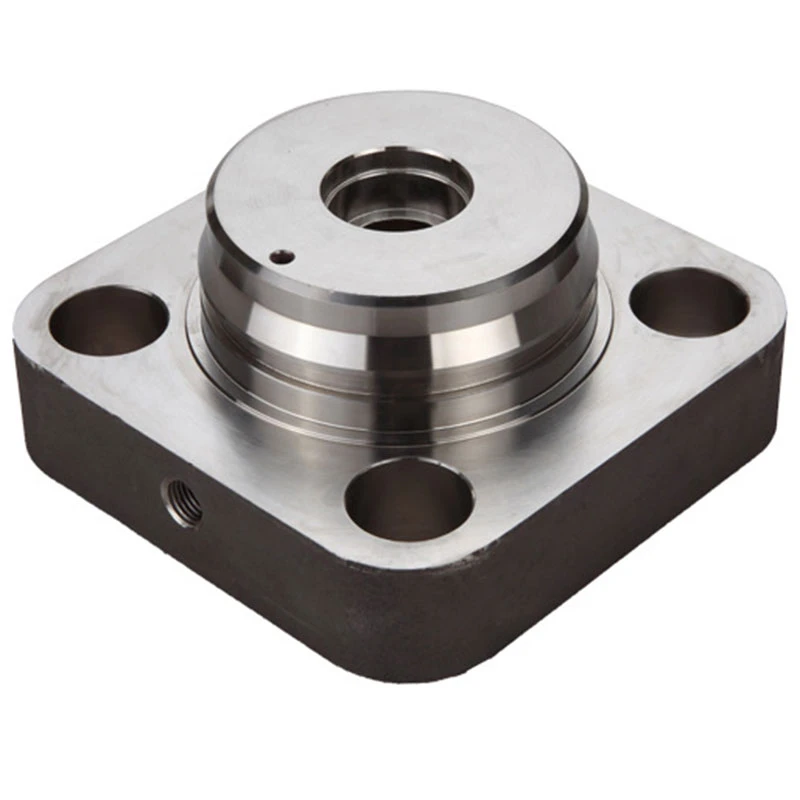die cast zinc alloy
The Versatility of Die-Cast Zinc Alloys
In the realm of manufacturing, die-casting has emerged as a significant process that allows for the production of intricate shapes and designs with high precision. One of the materials that has gained popularity in this method is zinc alloy, particularly die-cast zinc alloys. These alloys offer outstanding properties that make them suitable for various applications across multiple industries. This article delves into the characteristics, advantages, and applications of die-cast zinc alloys, shedding light on their role in modern manufacturing.
Understanding Die-Casting and Zinc Alloys
Die-casting is a metal casting process that involves forcing molten metal under high pressure into a mold cavity. This process enables the creation of complex geometries, fine details, and smooth surfaces. Zinc alloys, particularly those with aluminum or copper, are commonly used in die-casting due to their favorable characteristics. The most prevalent zinc alloy used in die-casting is known as Zamak, which is a family of zinc-based alloys designed to optimize mechanical properties, corrosion resistance, and surface finish.
Key Characteristics of Die-Cast Zinc Alloys
1. Strength and Durability Die-cast zinc alloys possess excellent mechanical strength, which is comparable to some aluminum alloys. Their durability makes them ideal for applications requiring resistance to wear and impact.
2. Corrosion Resistance Zinc naturally has a protective layer that forms on its surface, making die-cast zinc alloys highly resistant to corrosion. This property is vital for components exposed to harsh environmental conditions, including moisture and chemicals.
3. Versatility in Finishing Zinc alloys are readily amenable to various finishing processes, such as plating, painting, and coating. This versatility in finishing allows for aesthetic enhancements and improved performance in practical applications.
4. Ease of Machining Unlike some other metals, zinc alloys can be easily machined, allowing for the production of complex parts and components with precision.
5. Low Thermal Expansion Zinc alloys have a low coefficient of thermal expansion, making them suitable for applications where dimensional stability is crucial under varying temperature conditions.
Advantages of Using Die-Cast Zinc Alloys
The use of die-cast zinc alloys comes with numerous benefits that make them a preferred choice in various sectors. The advantages include
die cast zinc alloy

- Cost-Effectiveness Zinc alloys are relatively inexpensive compared to other materials, such as aluminum or magnesium. The lower raw material cost, combined with the efficiency of die-casting, leads to reduced production costs.
- High Production Rates The die-casting process is capable of producing large volumes of parts in a short timeframe. This high production rate is particularly advantageous for industries that require mass production.
- Recyclability Zinc is a highly recyclable material
. The ability to recycle zinc alloys reduces waste and promotes sustainability in manufacturing practices.Applications of Die-Cast Zinc Alloys
Die-cast zinc alloys are utilized across a wide range of industries, including automotive, consumer electronics, hardware, and industrial machinery. Some common applications include
- Automotive Components Zinc alloys are used for producing engine parts, connectors, and housings due to their strength and corrosion resistance.
- Consumer Electronics Many electronic devices feature die-cast zinc alloy casings that provide a durable and aesthetically pleasing finish.
- Architectural Hardware Door handles, locks, and other architectural fittings often utilize zinc alloys for their strength and design flexibility.
- Industrial Equipment Parts for machinery and equipment that require robustness and precision often employ die-cast zinc alloys.
Conclusion
In summary, die-cast zinc alloys represent a versatile and cost-effective solution for various manufacturing applications. Their combination of strength, corrosion resistance, and ease of machining makes them suitable for many industries. As technology advances, die-cast zinc alloys will likely continue to play a crucial role in the evolution of manufacturing, contributing to more sustainable and efficient production processes. The ongoing development of new formulations and die-casting techniques only strengthens their place in the market, showcasing their potential for future innovations.
-
OEM Sand Cast Pump Valve Fittings - Hairun Sourcing | Precision Engineering, Industrial EfficiencyNewsJul.13,2025
-
EcoGuard 3000 - Sustainable Agriculture Solution&Soil Health ImprovementNewsJul.13,2025
-
SmartAgri Solutions: Smart Farming Tech | AI Analytics & IoT SensorsNewsJul.13,2025
-
[Product Name]-[Company Name]|Business Efficiency&InnovationNewsJul.13,2025
-
Smart Factory Solutions-Industrial Efficiency|Real-Time Analytics&Automated WorkflowNewsJul.12,2025
-
OEM Sand Cast Pump Valve Fittings - Hairun Sourcing | Durable, Reliable, CustomizedNewsJul.12,2025















